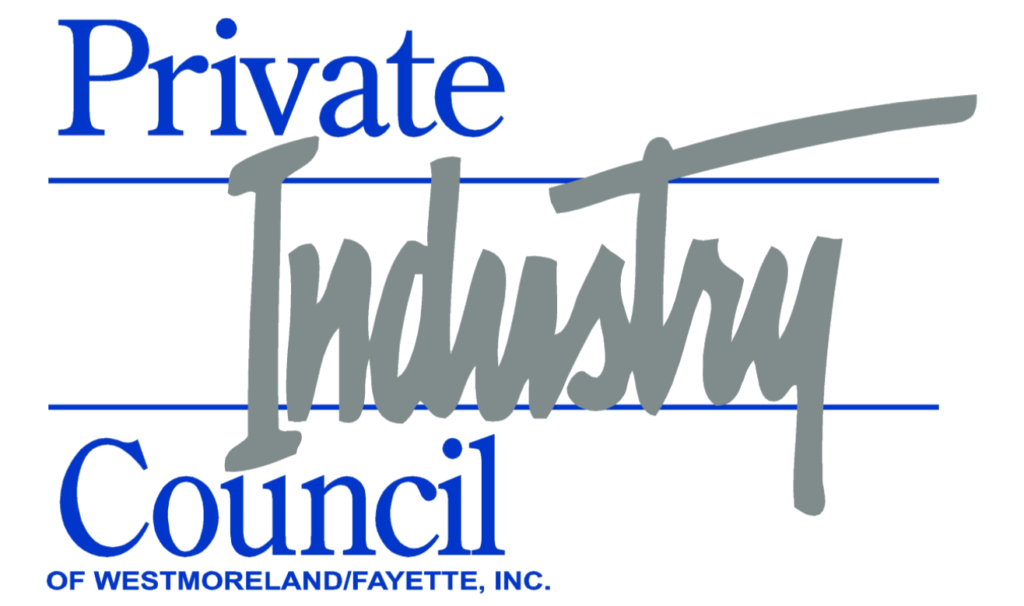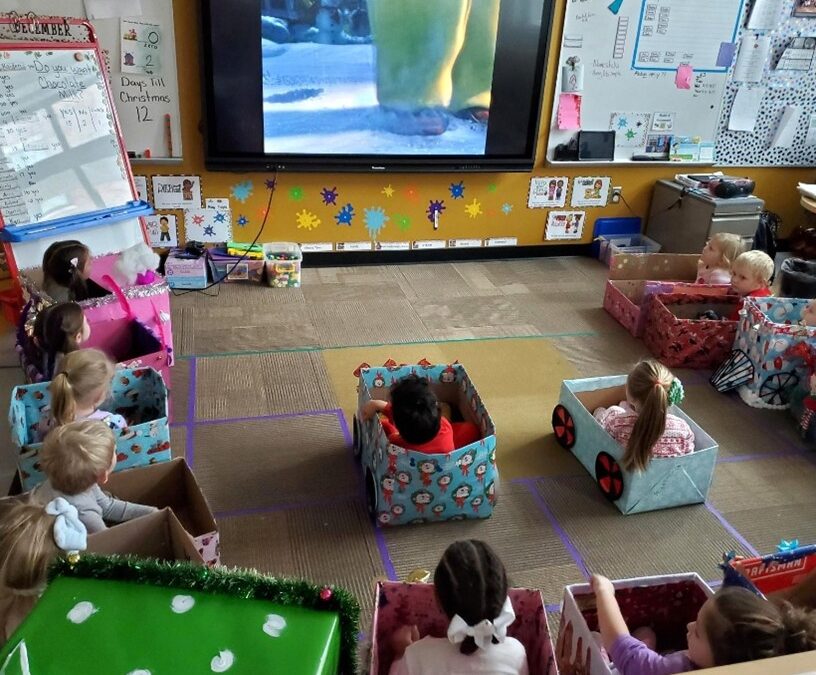Early-childhood learning continues, but it looks different now
Our early childhood centers that were normally alive with children have become quiet. Students’ artwork still hang in the rooms and hallways, cubbies are still filled with items from the last time everyone met prior to the shutdown, just no children during these unprecedented times.
COVID-19 has shut down our preschool programs for an indefinite length of time. We now are faced with a dilemma: how do we support our youngest learners during this time?
In just a few days after the school closure announcement in April 2020, the internet exploded with creative ways to cultivate learning communities. It was clear to us that learning and progress will look very different in the preschool setting. Prior to the shutdown the studies on children’s brain development has limited the use of technology for young learners. Excessive technology time for young children has shown a decrease in their critical-thinking skills, imagination, and attention span.
We are faced now to start accepting that the learning approach has shifted; from out of the preschool buildings and into the homes of the preschoolers. The preschool teacher is no longer there to sit with the students during circle time. There are no more guiding hands teaching scissor skills. Parents are now working from home and instructing the students at the same time — progress will undoubtedly look different. Virtual circle time has become the norm for now to interact with not just the preschooler, but everyone present in the home now.
The early childhood education community will continue to provide the support for the families and children through a virtual approach. We will continue to enjoy the songs, story time and creative science lessons. Even if this pandemic is temporary, it has brought about permanent changes. I feel that the crisis has challenged our traditional ways of thinking about the preschool field. Our goal has now shifted from providing an exceptional early-learning environment for our students to ensuring that parents have the necessary tools to support their children through this time. Our classrooms and playgrounds are now empty, but learning continues, just in a different space.
Cited sources:
Education Week 4/16/20
Caroline Diaz Opinion





 724-836-2600
724-836-2600




